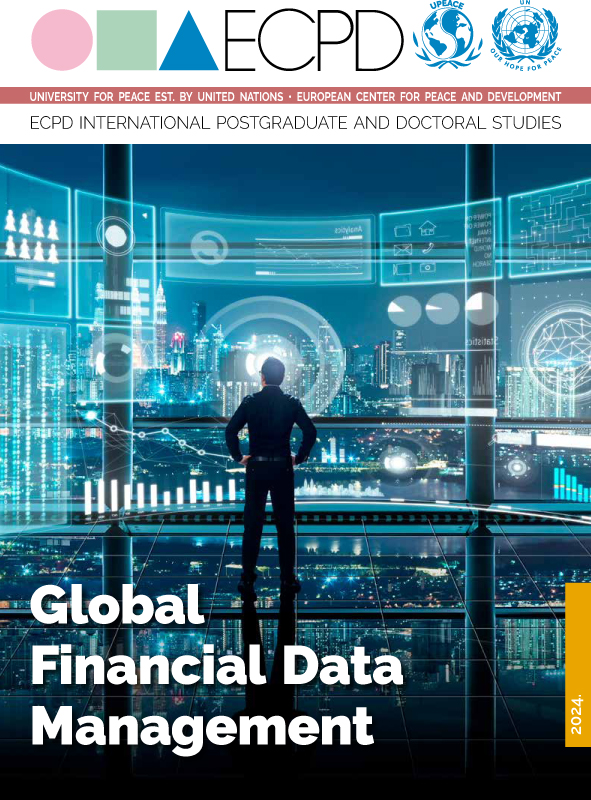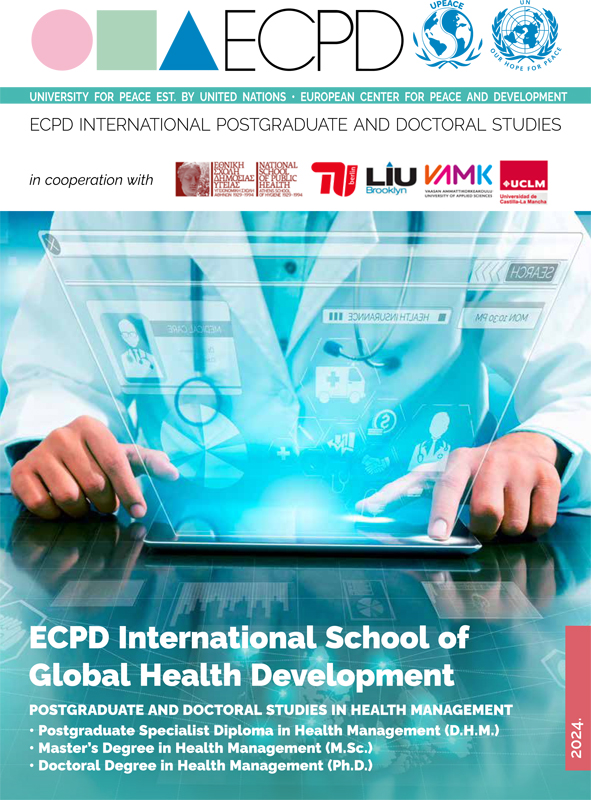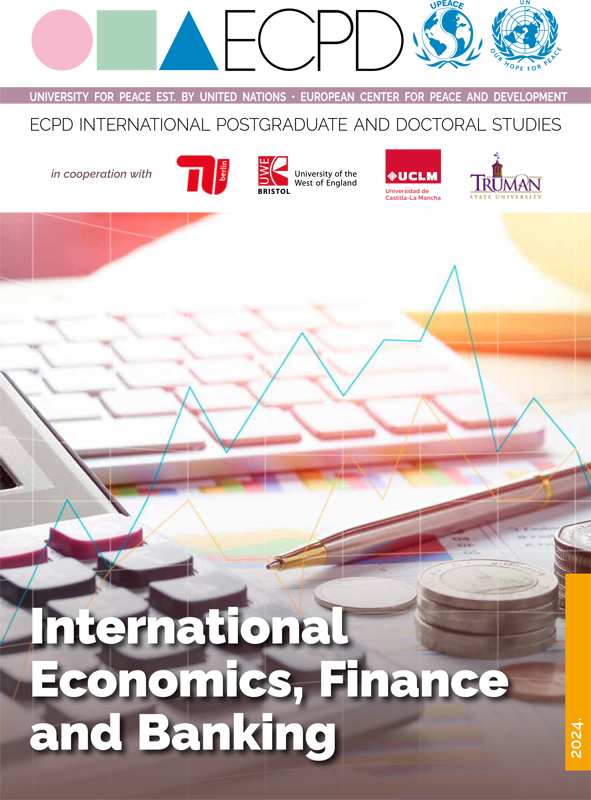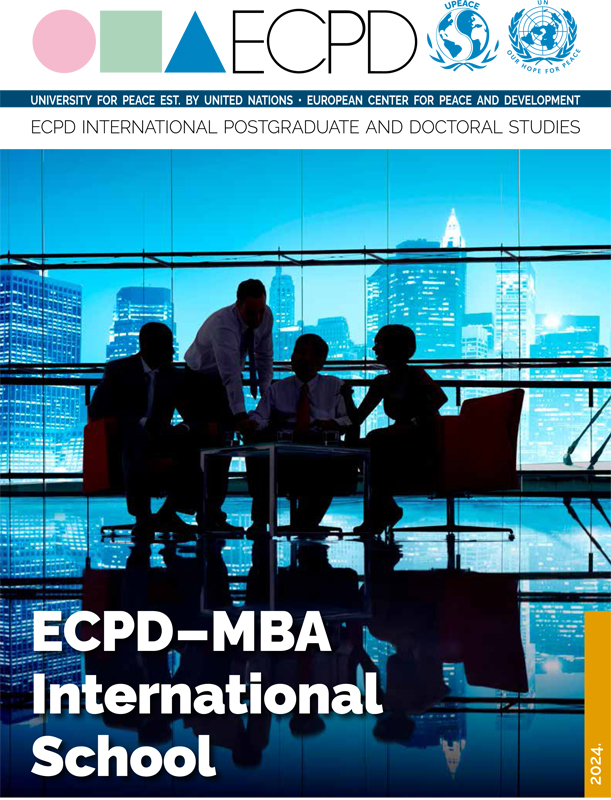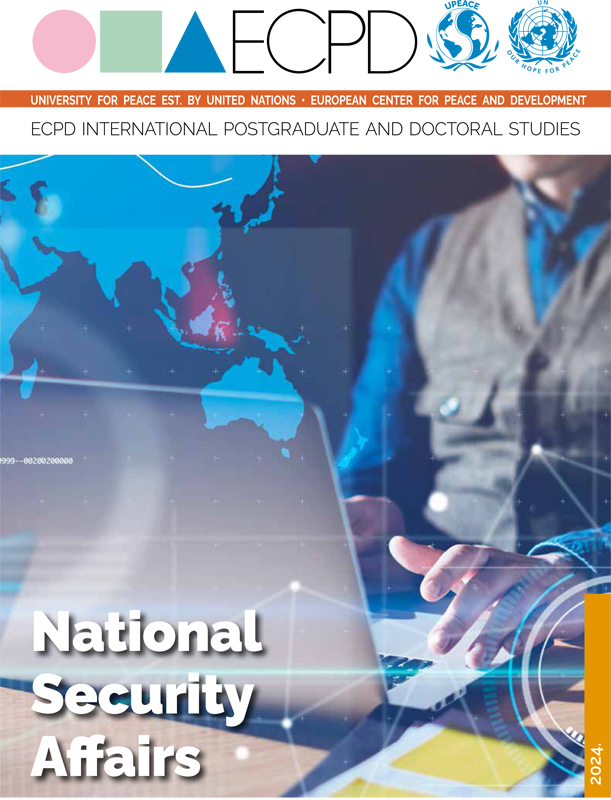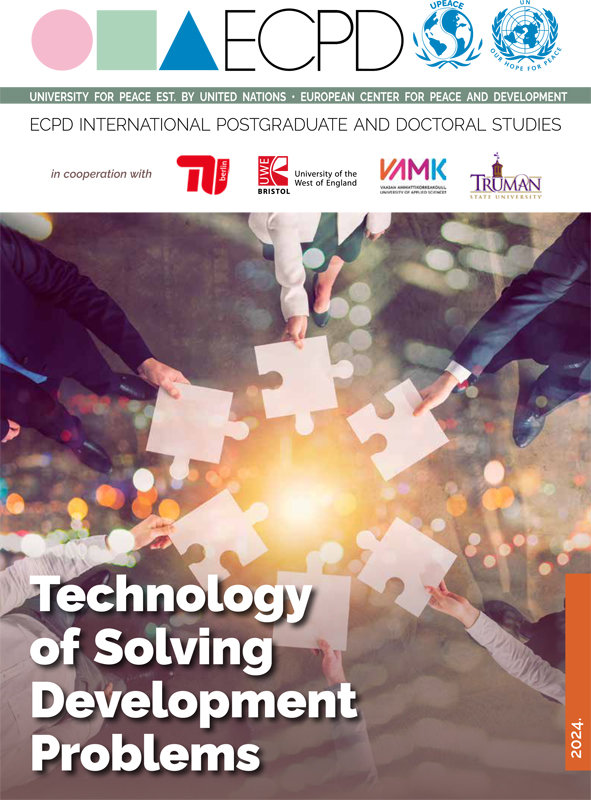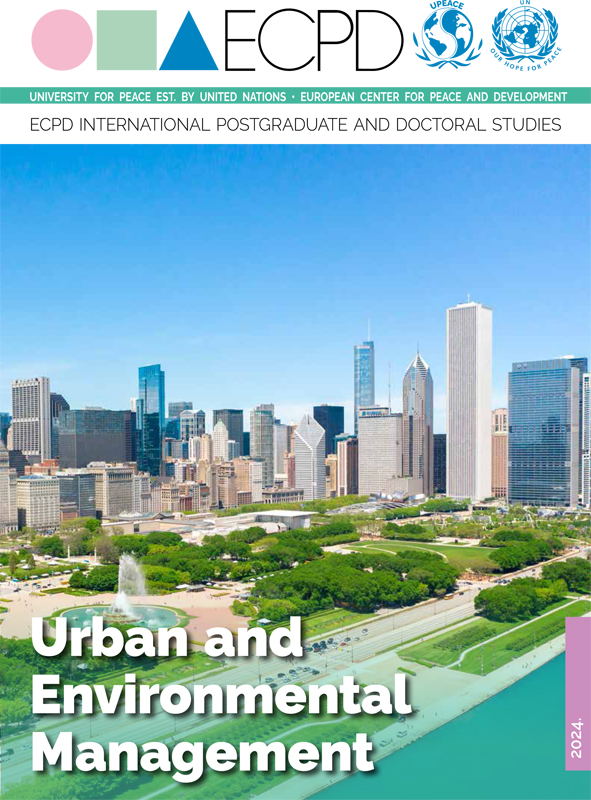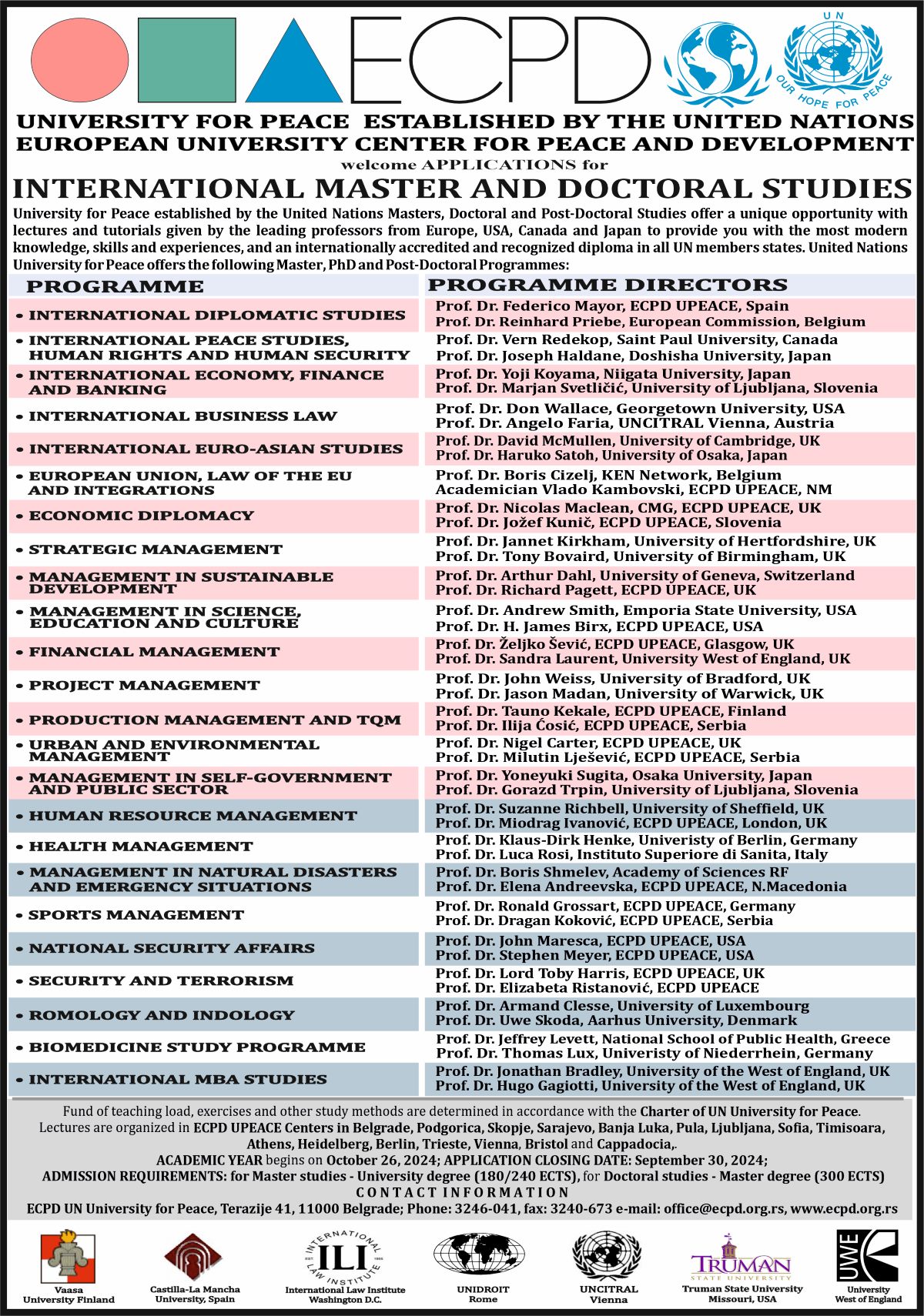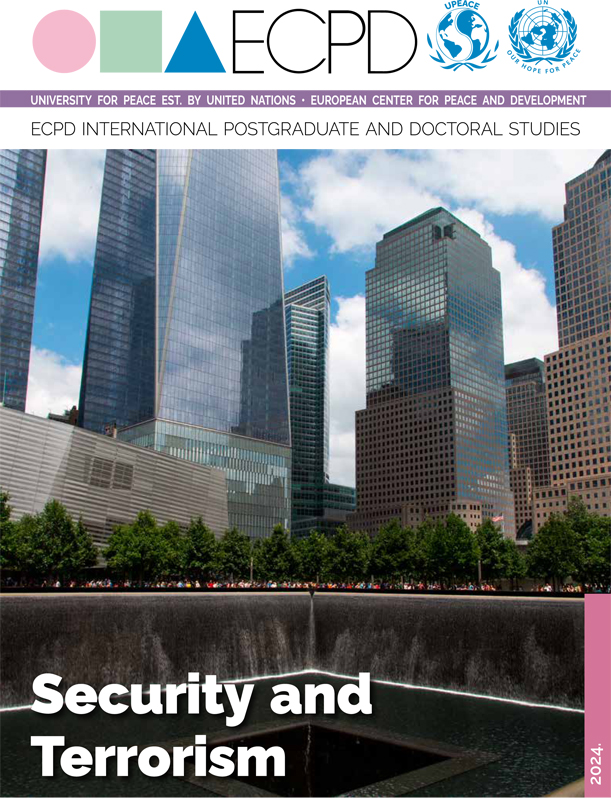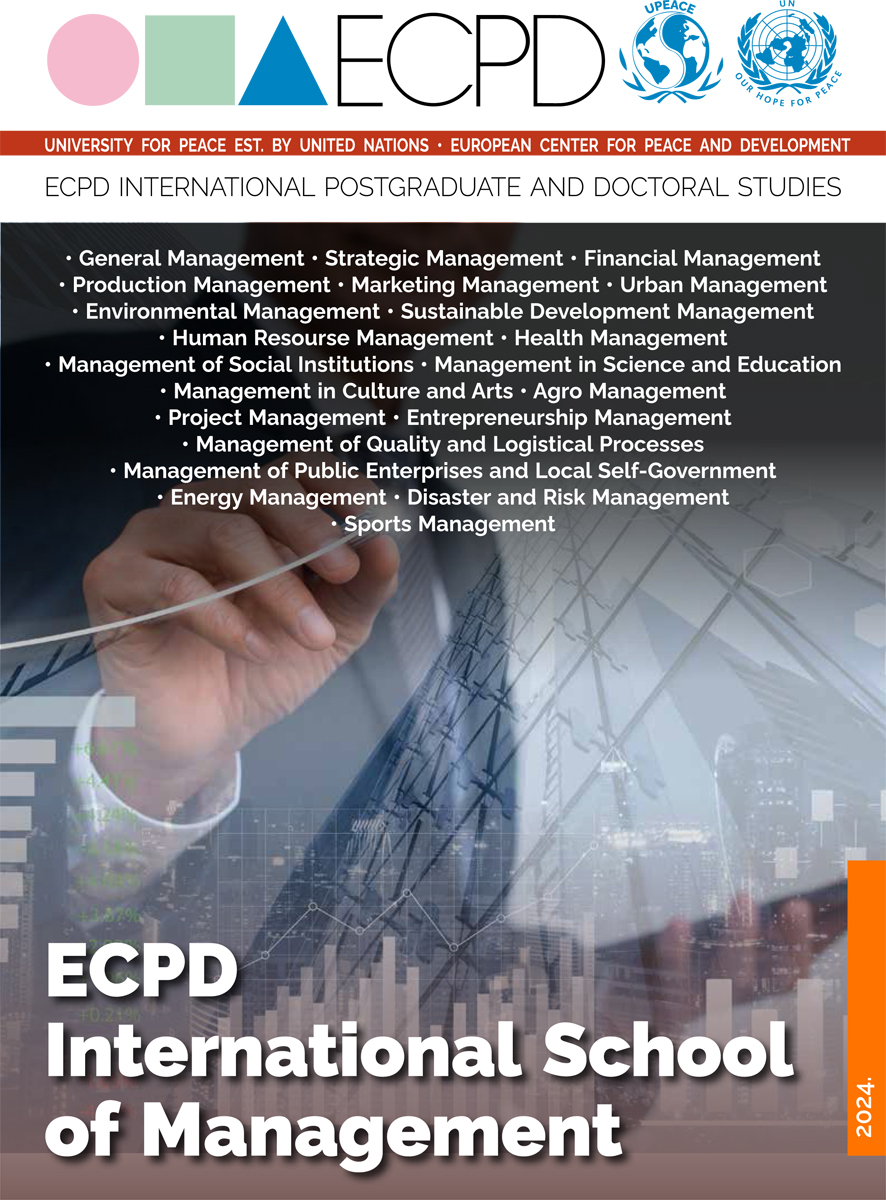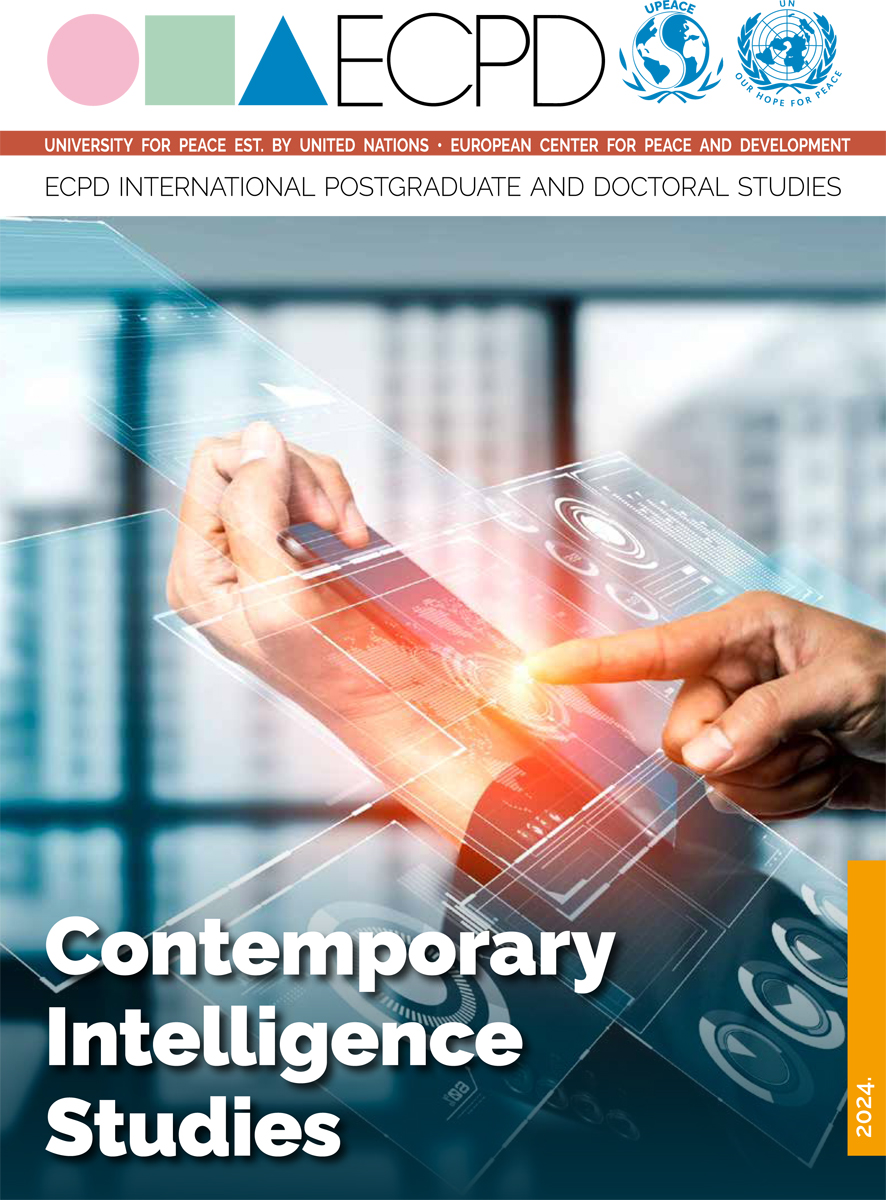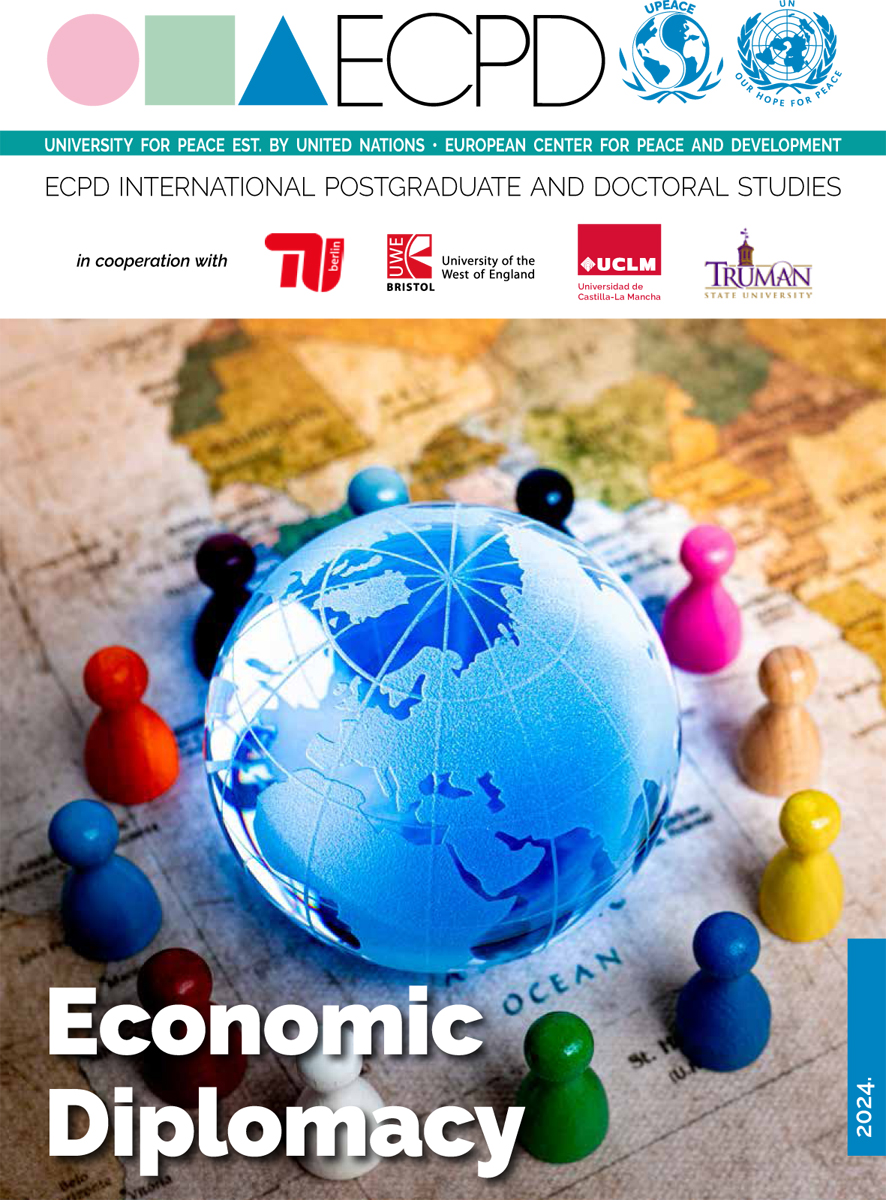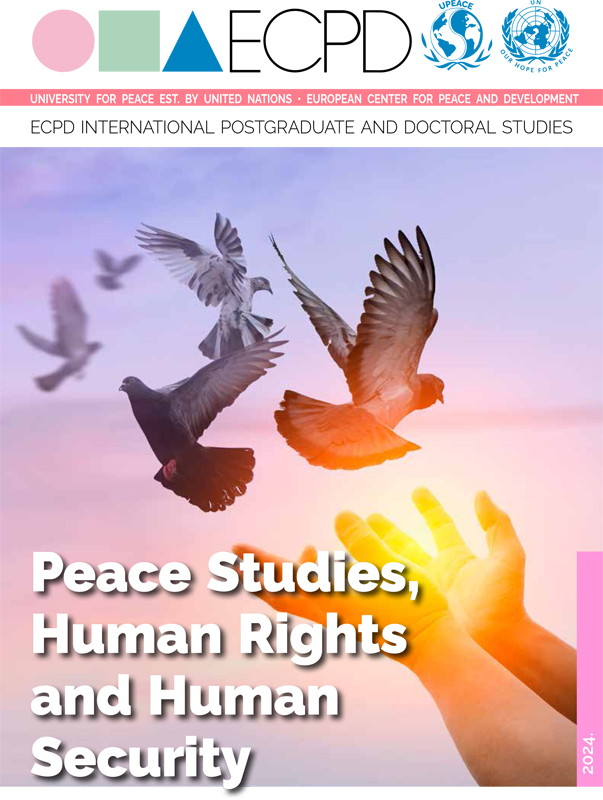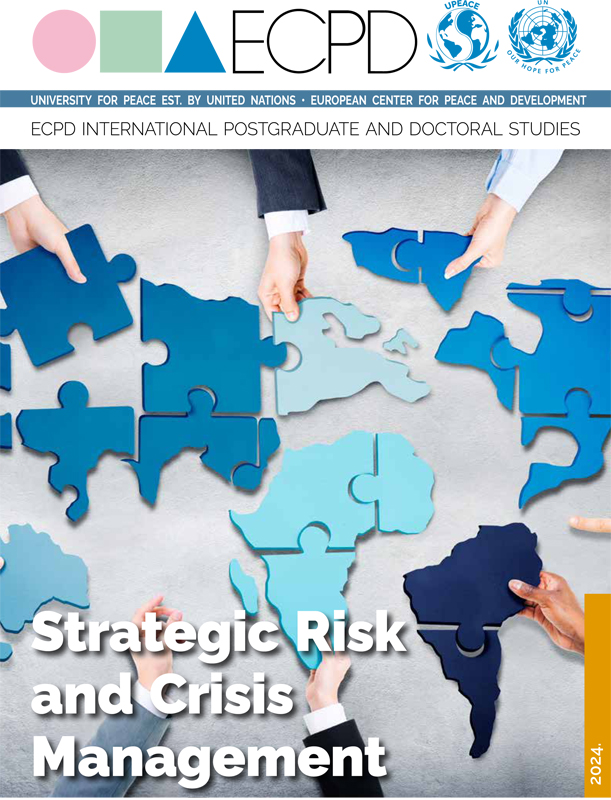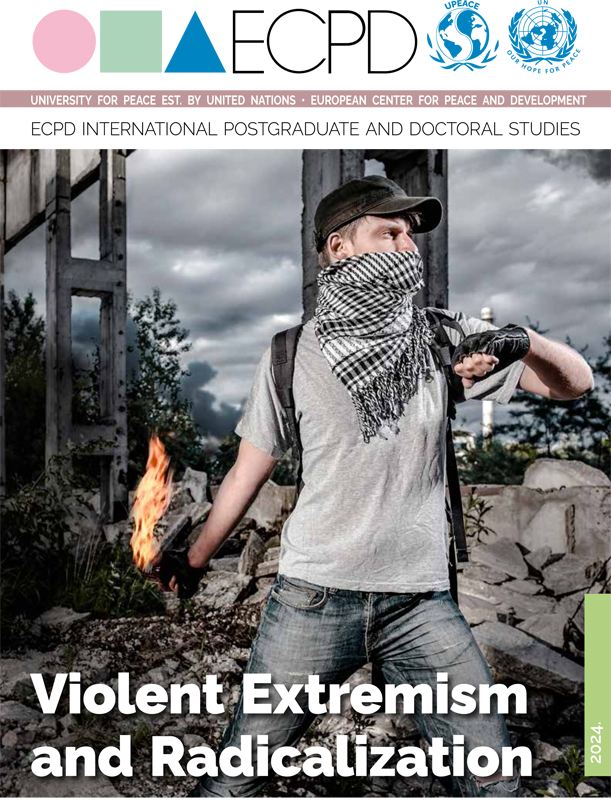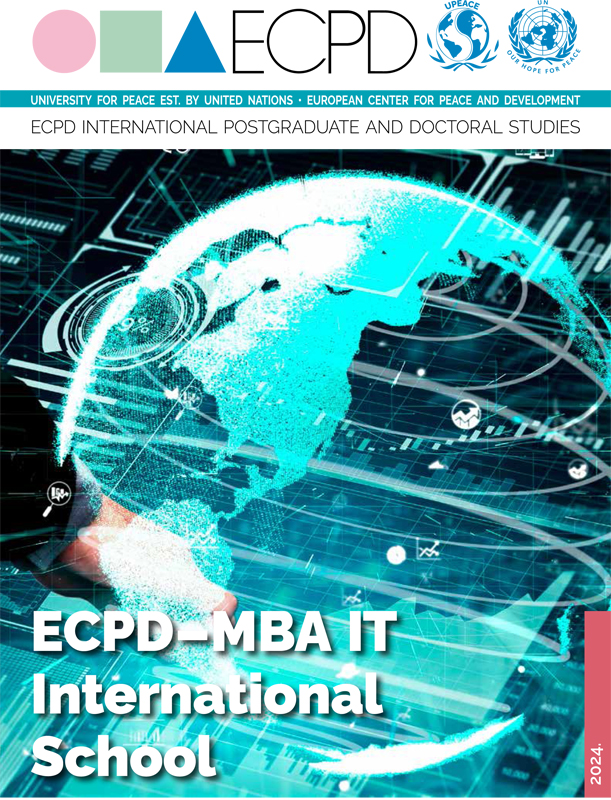XXVII ECPD INTERNATIONAL SUMMER SCHOOL, Post
MANAGEMENT OF HEALTHCARE INSTITUTIONS
HEALTH CRISIS AND EMERGENCY MANAGEMENT and reflections on the COVID-19 PANDEMIC
Budva, 20 – 24 June 2022
Jeffrey Levett
Presentations were made by a wide variety of distinguished facilitators, on site and via Zoom (Italy, England, Germany, Greece, Finland, and Ukraine). They touched upon things past; smallpox in Yugoslavia 50 years ago and cholera’s entry into Europe though the Crimea, contemporary issues in the health sector; system dynamics, leadership, economics and various management models such as the EFQM Excellence Model and future problems; preparedness and auto immune systems failure. The School’s common denominator was an appraisal of the health sector’s response to the still unfolding COVID epidemic. Vaccines took central stage. A succinct probability of health damage to the overwhelming event of COVID to society was presented in terms of three multiplicative factors relating to the Hazard itself (war, earthquake, covid, austerity measures), to R the risk that the hazard will act and V is population vulnerability, which well-developed societal functions can manage, mitigate or hold in check. Health damage (HD) from an event is expressed as a probability (p), namely, p (HD) = ƒ [(Risk)X(H)X(V)]. What happens in the societal mind if covid is said not to exist, the vaccine becomes the hazard and government is seen to turn up the risk? It was a debated issue.
The objective of health disaster management is to prepare ahead of disastrous events, minimize damage should one occur and in its aftermath restore society to normalcy or better still, prevent disasters happening in the first place. It focused on the interrelationship between pre-Event preparedness of society (P) and vulnerability of the population (V).
A few school end messages: Health care must have a well-defined surge capacity with good emergency response and risk management to deal with crisis. Efficiency is crucial but effectiveness has a higher social value. System and staff resilience must be well protected and the healthcare leadership must develop policy to protect the psychological well-being of frontline staff in crises and systems in conflict as it becomes the norm. The future demands a before (preparedness), during (response) and after (rehabilitation) disaster event instrument. This was stressed in all descriptions of country responses.
















